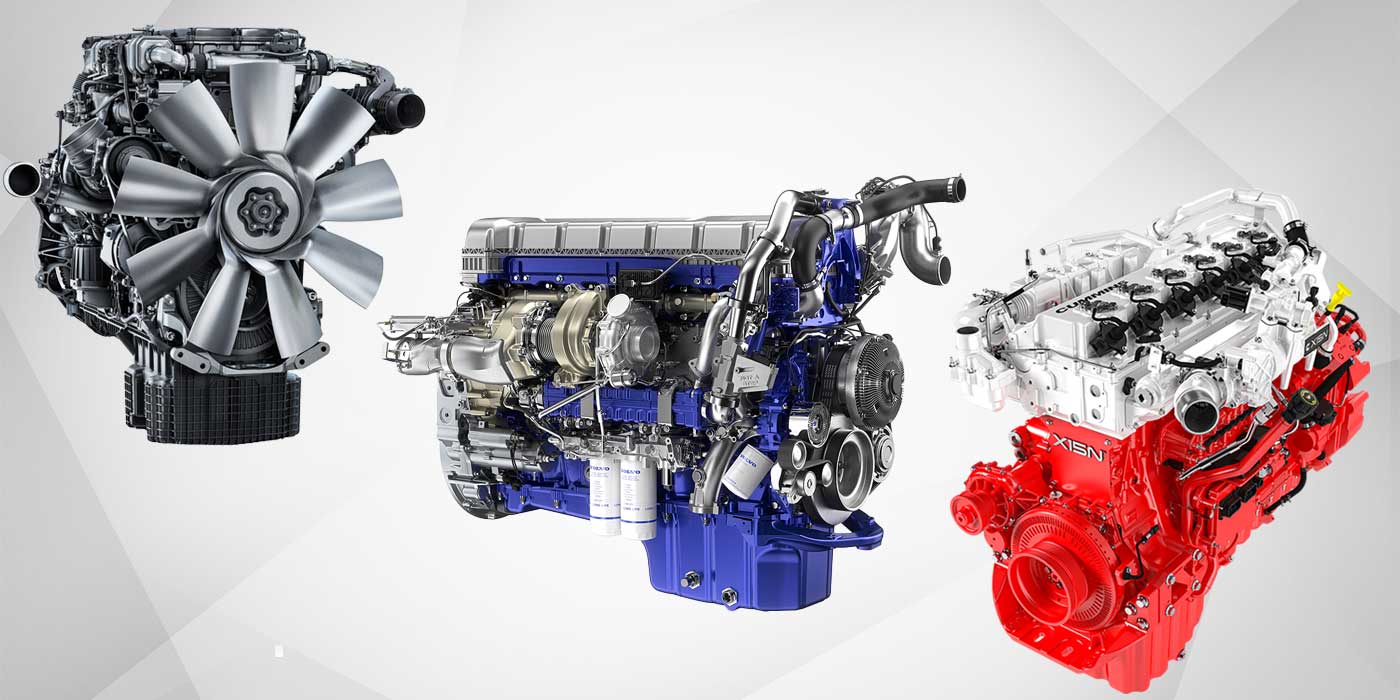Making Certain Long-Term Efficiency with Engines For Africa Products
Making Certain Long-Term Efficiency with Engines For Africa Products
Blog Article
Discover a Large Range of Engines for Every Vehicle and Function
The automotive landscape is increasingly intricate, with a diverse array of engine kinds made to satisfy specific efficiency and performance requirements across various vehicle categories. Furthermore, durable engines offer the requirements of job automobiles, while environmentally friendly options are getting traction in the pursuit of lasting transportation.
Kinds of Automotive Engines
Automotive engines can be categorized right into numerous unique kinds, each made to satisfy certain performance and effectiveness requirements. One of the most common groups consist of inner burning engines, electric engines, and crossbreed systems.

Electric engines, on the other hand, operate electrical power saved in batteries, providing immediate torque and zero discharges. These engines are ending up being progressively preferred as a result of advancements in battery technology and the expanding focus on sustainability.
Hybrid systems combine both inner combustion and electrical engines, enabling cars to enhance gas effectiveness and lower exhausts by effortlessly changing between source of power. Each engine kind provides its benefits and negative aspects, influencing variables such as car design, planned usage, and market demand. Recognizing these differences is important for consumers and producers alike when picking the proper engine for their specific requirements.
Efficiency Engines for Sports Cars
Efficiency engines for sporting activities vehicles are specifically engineered to provide enhanced agility, power, and speed, establishing them besides basic auto engines. These engines usually use advanced technologies such as turbocharging, turbo charging, and variable shutoff timing to maximize performance and responsiveness.
Commonly, efficiency engines are designed with greater compression proportions, which enable greater energy extraction from fuel. This leads to impressive horsepower and torque figures, enabling quick acceleration and greater leading speeds. The lightweight products used in these engines, such as light weight aluminum and carbon fiber, contribute to minimized general car weight, improving handling and ability to move.
Engine configurations like V6, V8, and also hybrid systems prevail in performance sports automobiles, each offering one-of-a-kind benefits in terms of power shipment and driving characteristics. The adjusting of these engines is likewise vital; lots of producers maximize the engine management systems to provide an electrifying driving experience, typically consisting of sporting activity settings that change throttle response and equipment shifts.
Efficient Engines for Daily Commuters
In the realm of daily travelling, efficient engines play a critical duty in optimizing gas economy and lessening emissions while providing trustworthy efficiency. As city populaces grow and ecological issues magnify, the need for cars geared up with effective powertrains has actually risen.
Modern engines made for everyday travelers frequently integrate innovations such as turbocharging, straight fuel injection, and hybrid systems. Turbocharging improves engine performance by forcing more air right into the burning chamber, enabling smaller sized, lighter engines that do not jeopardize power outcome. Straight gas injection enhances fuel atomization, causing far better combustion and enhanced effectiveness.
Crossbreed engines, integrating internal burning with electrical power, further augment gas economic situation, specifically in stop-and-go website traffic, where traditional engines can endure from inadequacies. Electric electric motors aid throughout velocity and can run independently at low speeds, decreasing overall gas intake.
Furthermore, developments in engine management systems and light-weight materials add significantly to effective engine layout. By concentrating on efficiency, sturdiness, and ecological sustainability, manufacturers remain to supply engines that not just meet the needs of day-to-day commuting however additionally align with international efforts to reduce carbon footprints.
Heavy-Duty Engines for Job Automobiles
Heavy-duty engines for work automobiles are consistently crafted to supply remarkable torque and integrity under requiring conditions. These engines are designed to execute in atmospheres where traditional engines might fail, such as building sites, logging operations, and farming setups. The key emphasis of durable engines is their ability to generate high levels of power great post to read while keeping sturdiness over extended durations of procedure.
Typically, sturdy engines utilize innovative products and durable construction methods to hold up against the roughness of heavy workloads. Features such as enhanced cylinder blocks, improved air conditioning systems, and advanced fuel injection modern technologies contribute to their performance. These engines frequently operate at reduced RPMs, which assists to optimize gas performance while supplying the needed power for carrying and hauling.
In addition to mechanical effectiveness, durable engines are commonly furnished with advanced digital control units (ECUs) that handle efficiency, emissions, and diagnostics. This assimilation permits for better tracking and upkeep, guaranteeing that job lorries remain efficient and functional.
Ultimately, sturdy engines are an essential part in the performance of different sectors, offering the essential power and reliability to take on the hardest of jobs.
Eco-Friendly Engine Options
The growing focus on sustainability has brought about the growth of environmentally friendly engine alternatives that prioritize reduced discharges and improved gas performance. These engines are developed to decrease the environmental impact of lorries while still providing the performance and reliability anticipated by customers.
Amongst the most remarkable green choices are electric and hybrid engines. Crossbreed engines incorporate standard inner combustion engines with electric propulsion, permitting reduced fuel usage and reduced greenhouse gas discharges. Electric engines, on the other hand, run totally on battery power, generating no tailpipe emissions and adding to cleaner air high quality.
An additional encouraging development is the innovation of biofuel engines, which make use of renewable energies, such as plant products, to power cars (Engines For Africa). By utilizing biofuels, these engines can lower reliance on nonrenewable fuel sources and lower total carbon footprints

As the auto industry progresses, environment-friendly engine choices will certainly play a great site vital duty in driving the shift in the direction of even more sustainable transport solutions.
Conclusion
From high-performance engines that improve sporting activities vehicle abilities to efficient designs prioritizing gas economic climate for everyday commuters, each type offers a particular feature. Sturdy engines cater to durable work cars, while environment-friendly choices, such as electrical and biofuel engines, advertise sustainable transportation.

Report this page